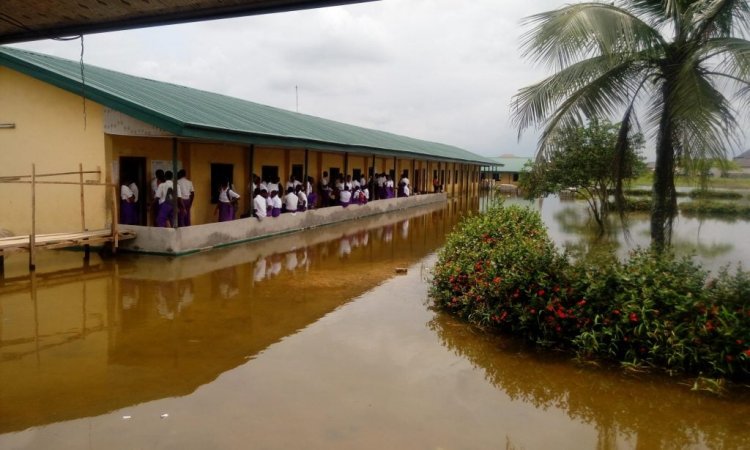Climate Change Disrupting Education: Schools Close as Extreme Weather Causes Learning Losses
Climate change is disrupting education globally through frequent school closures, prompting calls for governments to adapt education systems and equip students with climate-related skills.

Climate change is causing significant disruption to education, with rising temperatures and extreme weather events such as floods, heat waves, and storms forcing school closures and contributing to widespread learning losses. According to a recent report, these climate shocks are particularly impacting students in low-income countries, where learning losses are more severe.
The report emphasizes the urgent need for governments to adapt education systems to better respond to climate challenges. Key recommendations include improving foundational and STEM skills, integrating climate education into school curricula, and developing green skills that will support a shift towards more sustainable practices. It also highlights the importance of tertiary education in fostering innovation and preparing students for green jobs.
Despite the severity of climate-related school closures, these disruptions often go unreported, making it difficult to track their full impact on education. The report warns that without immediate action, the education sector will continue to suffer from the effects of climate change.
In Nigeria, flooding has caused severe disruptions to education, with a report by the National Bureau of Statistics (NBS) revealing that students in some states missed an average of 53 school days between July and October 2022. Bayelsa, Delta, Anambra, and Kogi were among the worst-hit states, with many households affected by prolonged flooding lasting over 32 days. The report, titled "Nigeria Flood Impact Recovery Mitigation Assessment Report 2022-2023," stated that 1.3 million Nigerians were impacted by these floods.
The report stresses that education is key to combating climate change, as it fosters resilience, adaptability, and innovation. Better-educated individuals are more likely to engage in climate-friendly behaviors and contribute to the creation of green jobs. However, education remains underfunded in the global climate agenda, with little financial support dedicated to integrating climate-related skills and knowledge.
In conclusion, while climate change threatens education, it also provides an opportunity to equip young people with the skills needed to drive climate action. Governments must act swiftly to protect education from climate shocks and prepare students for a sustainable future.

 Lois Udoye
Lois Udoye 



